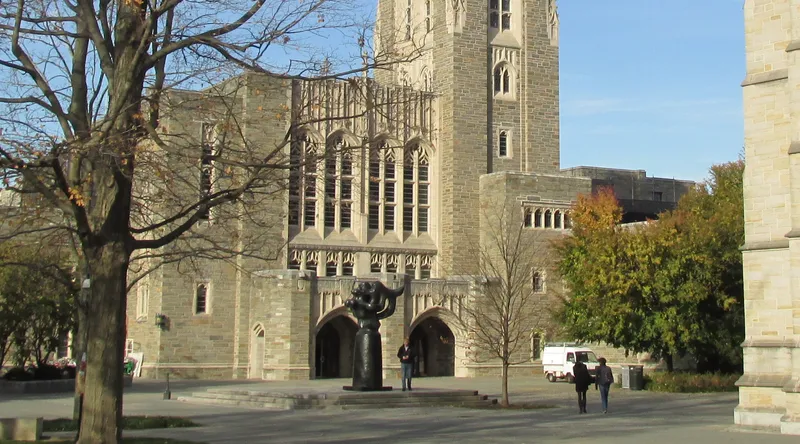Blog
Stories, perspectives, interviews, and investigations in digital humanities.
Cultivating Princeton's Data Landscape: Annual Report, 2018–2019
30 September 2019
What does it mean to treat poetry, brain scans and library borrowing records alike as “data”? Today, we analyze rich and complicated data produced in the humanities at scale with computational tools such as natural language processing, network analysis, and machine learning. Likewise, data scientists rely on humanists for political and historical context that helps make their work more equitable and just. During 2018-19, the Center for Digital Humanities (CDH) dedicated its energies to bringing various disciplinary voices at Princeton together to examine how data is transforming our academic fields and our society. We called this initiative “Year of Data,” and held over twenty events — lectures, symposia, conferences, workshops — with campus partners in the humanities, arts, data and computer science, social science, and library and archives.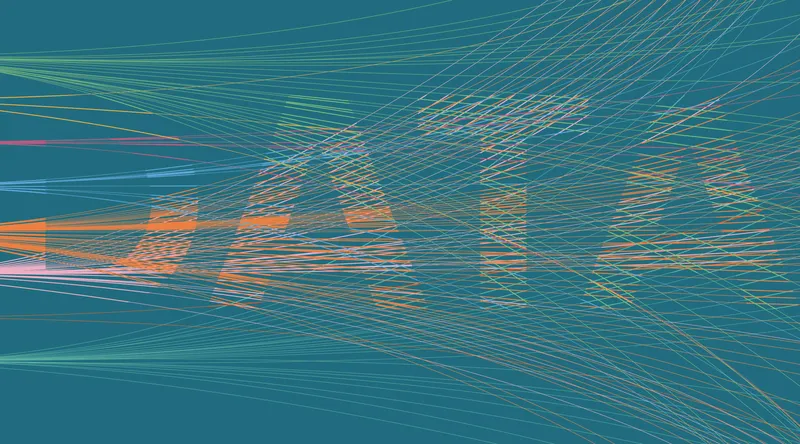
Who Counts? Data Citizenship course offers a look at “data literacy” in a digital world
20 September 2019
Who or what gets counted in the production and maintenance of data today? How does data change depending on who does the counting? When visibility entails vulnerability, how might counting become a dangerous activity?Still Speaking in Code
23 August 2019
A Digital Humanities origin story. Inspired by Speaking in Code, the 2013 DH developer summit on tacit knowledge.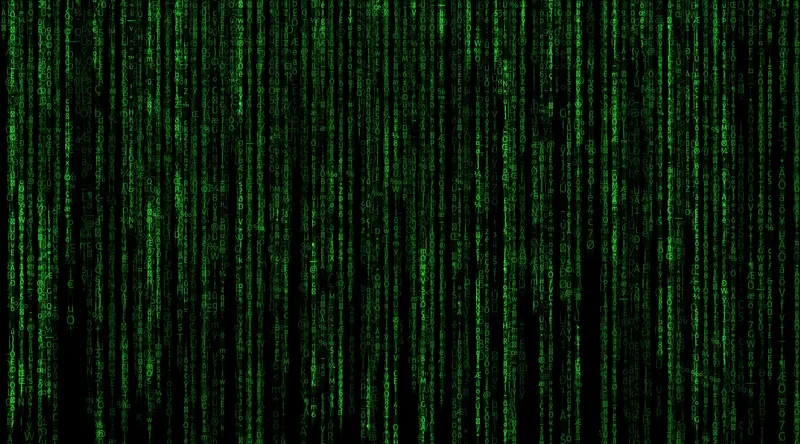
Document ALL the things!
12 August 2019
We are pleased to share project charters from 2016 to 2019 and software agreement documents.

Best Practices?
29 July 2019
Software development "best" practices and how they work (or don't) for Digital Humanities research.
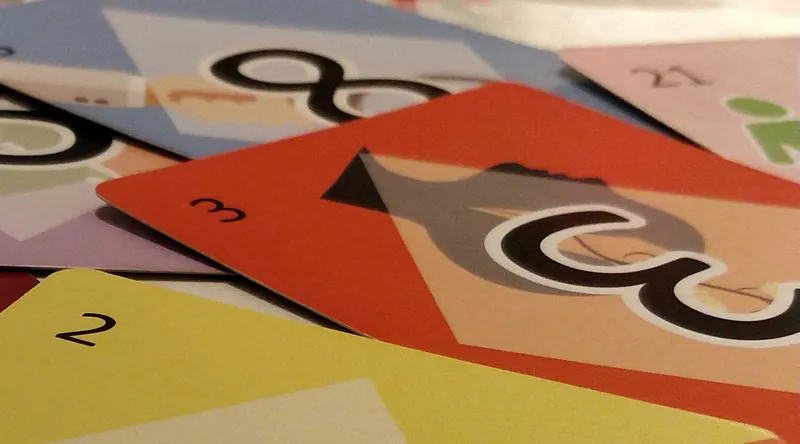
Reflections on a Workshop: DH and Russian Literary Studies
12 June 2019
What can algorithms do for the humanities? How can technology befriend Russian literature?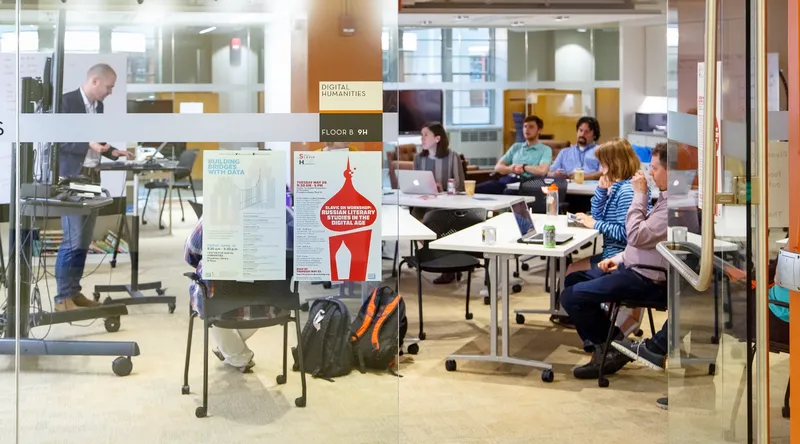
Designing the Princeton Prosody Archive User Interface & Interactions
10 June 2019
Design highlights of PPA in the scope of my contributions: color, including multiple logo variations; interactivity; typefaces; and content organization and hierarchy.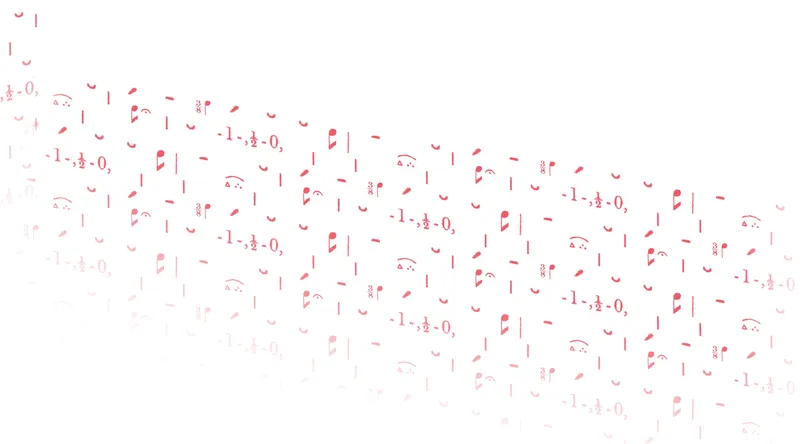
A Look Back at CDH’s “Year of Data” In Photos
5 June 2019
Enjoy our photo "journal" as we take a look back through 2018-19, the Year of Data, when we made new connections, built strong partnerships, and raised awareness of critical issues and best practices in working with data.
Princeton Ethiopian Miracles of Mary Project Receives CDH Research Partnership Grant
4 June 2019
Stories have been told for almost two millennia about the Virgin Mary and the miracles she has performed for the faithful who call upon her name. One of the most important collections of such folktales is the body of almost 700 Ethiopian Marian miracles, written from the 1300s through the 1900s, in the ancient African language of Gəˁəz (also known as classical Ethiopic). These tales, called the Täˀammərä Maryam (The Miracles of Mary), are central to the daily life of 50 million Ethiopians and Eritreans and of special interest at Princeton University, which has in its Firestone Library one of the largest and finest collection of Ethiopic Manuscripts, and Marian miracle manuscripts, anywhere in the world outside of Ethiopia.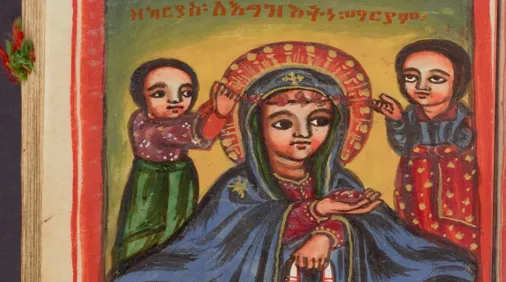
Life on B Floor: My UAF Experience
16 May 2019
My name is Wafa Isfahani, and I’m a second year MA student in Near Eastern Studies. I study Indo-Islamic thought in the 18th and 19th centuries, especially the reception of ideas of prophecy and revelation and the ways in which they were employed by South Asian thinkers in the articulation of their reformatory ideals. Besides my research, I enjoy reading Urdu poetry, listening to Indo-Pakistani ghazals, or cooking with my housemates.Taste the Data!
15 May 2019
This spring, I taught a new Freshman Seminar at Princeton ( FRS 154) called “Weird Data,” a CDH course sponsored by the Center for Statistics and Machine Learning. The goal of the course was to provide a wide-ranging introduction to the world of data in all its forms, ideas, and, well, weirdness. A key idea in this semester-long exploration was that data is not a single thing, nor is it usually as simple as we might assume.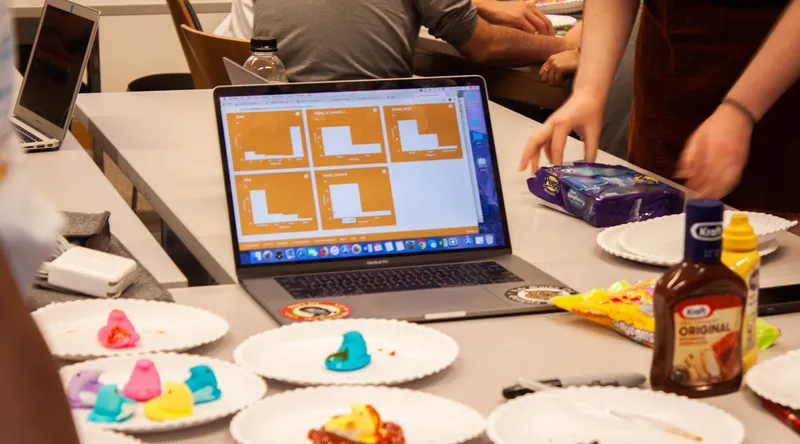
DH at Princeton and Beyond: CDH Graduate Fellows Expand Their Horizons with help from Travel Grants
8 May 2019
CDH Graduate Fellows have so many opportunities to learn about how DH is practiced at Princeton. Throughout the spring semester, the current cohort of 10 graduate fellows met monthly to learn about and support each other’s projects, covering a vast range of subjects from conceptions of race, gender, and resistance, to 20th-century French music, to ancient Chinese texts. Each meeting provided glimpses of new ideas, tools and techniques so that, as a group, they gained valuable skills and insights not only from their own research but from their peers’ experiences.